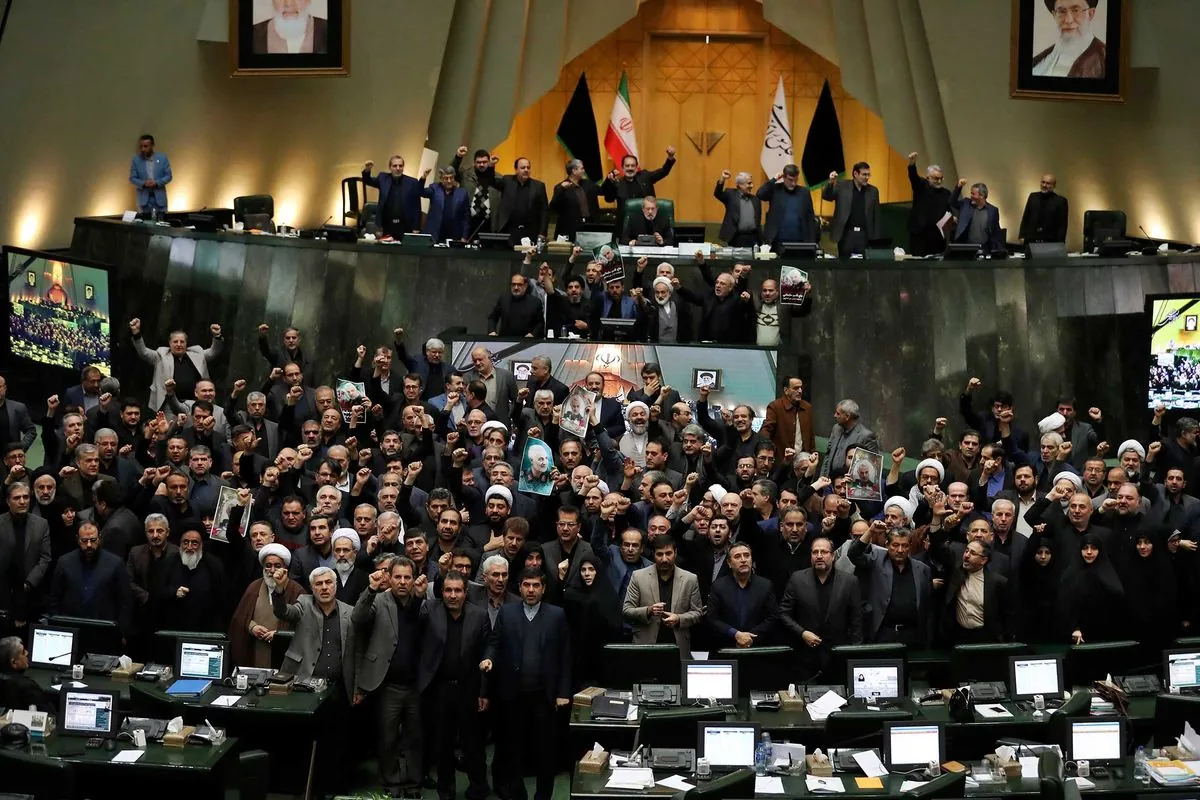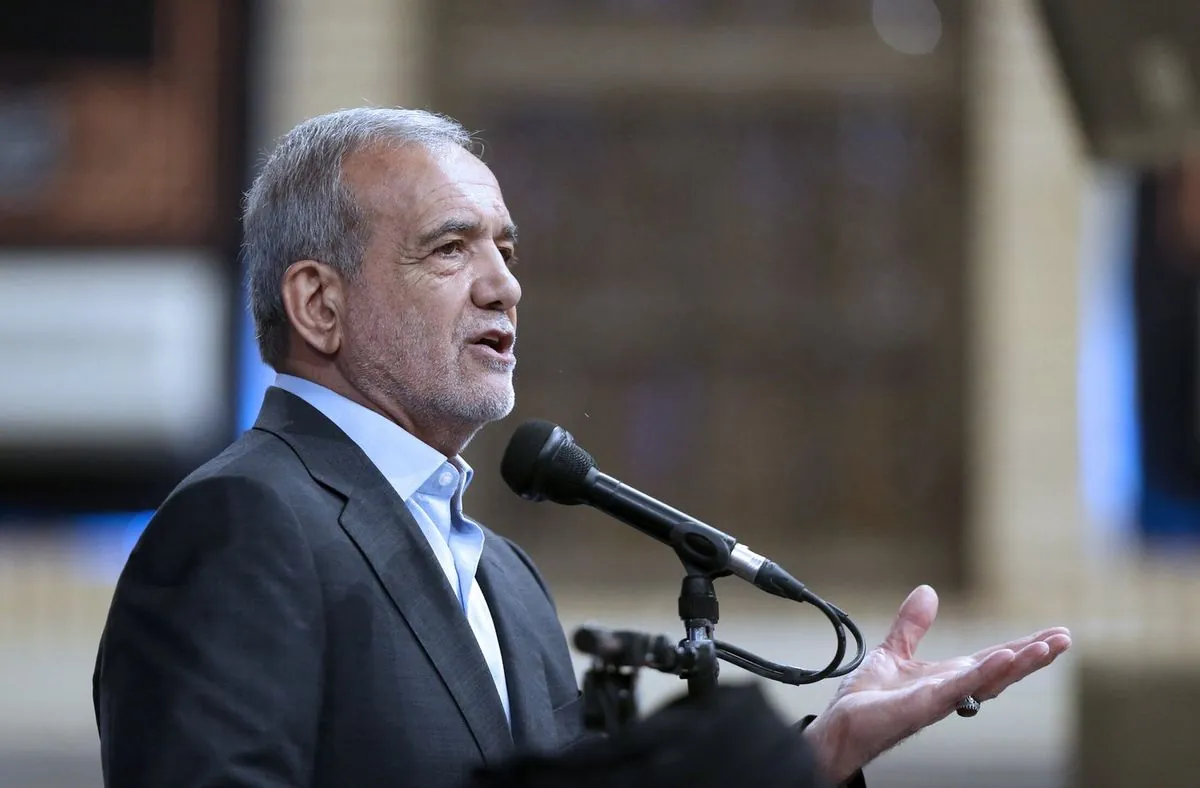Iran's Parliament Approves Diverse Cabinet, Signaling New Direction
Iran's parliament has approved President Pezeshkian's 19-member cabinet, including reformists and a female minister. The new team reflects a focus on consensus and marks a shift from the previous hardline administration.

In a significant political development, Iran's parliament has given its approval to President Masoud Pezeshkian's 19-member cabinet. This decision, made on Wednesday, August 21, 2024, marks a notable shift from the previous administration's hardline approach, reflecting a more diverse and consensus-oriented governance strategy.
The new cabinet includes reformist figures, signaling a departure from former President Ebrahim Raisi's team. Among the approved ministers is Mohammadreza Zafarqandi, who secured the position of Health Minister despite receiving the lowest number of votes at 163. This appointment underscores the parliament's willingness to embrace a more inclusive approach to governance.

In a historic move, Farzaneh Sadeq was confirmed as the Minister of Roads and Transportation, becoming only the second female cabinet minister since the establishment of the Islamic Republic in 1979. This appointment represents a significant step towards gender diversity in Iran's highest levels of government.
The oil sector, crucial to Iran's economy, will be led by Mohsen Paknejad, who previously served as deputy minister of oil from 2018 to 2021. Paknejad has set ambitious goals, including increasing oil output to 4 million barrels per day by March 2025 and actively addressing joint fields with neighboring countries.
"The road to our salvation is unity and solidarity."
In the realm of foreign affairs, Abbas Araqchi secured approval with 247 votes, despite initial concerns about his role in negotiating the 2015 nuclear agreement. Araqchi reassured parliamentarians by expressing support for a 2020 bill that hardened Iran's nuclear stance and affirming his alignment with the Revolutionary Guards' worldview.
Iran's foreign policy priorities, as outlined by Araqchi, include fostering good relations with neighbors and engaging in negotiations to lift sanctions. The focus will be on strengthening ties with China, Russia, Africa, Latin America, and East Asia, while relations with Europe and the United States remain conditional on their approach towards Iran.
This cabinet approval comes at a crucial time for Iran, a country with over 85 million people and significant natural resources, including the world's second-largest natural gas reserves. The new administration faces the challenge of navigating international relations, particularly regarding the stalled nuclear deal talks and ongoing U.S. sanctions.
As Iran moves forward with this new cabinet, it aims to balance its rich cultural heritage and scientific achievements with the demands of modern governance and international diplomacy. The diverse composition of the cabinet suggests a potential shift in both domestic and foreign policy approaches, which could have far-reaching implications for Iran's future trajectory.


































